Welfare cutspublished at 14:04 BST 20 May 2015
SNP MSP Bob Doris asks the Scottish government what representations it will make to the UK Government to oppose the reported additional £12 billion in benefit reductions.
10am: Economy, Energy and Tourism Committee
2pm: Portfolio question time
Next: The future of Scotland's economy debate
Next: Protecting Rent-tied pub tenants in Scotland debate
Craig Hutchison and Carol Duncan
SNP MSP Bob Doris asks the Scottish government what representations it will make to the UK Government to oppose the reported additional £12 billion in benefit reductions.
MSPs are questioning social justice, communities and pensioners' rights ministers during portfolio questions.
Deputy Presiding Officer John Scott says in this instance the information is in the public domain as it was raised at fmqs and therfore the motion meets the criteria required, but he says debates are better when information is easily available to all.
First up today is portfolio questions, but SNP MSP Stewart Stevenson attempts to raise a point of order saying the Labour motion for the debate this afternoon cites a document that cannot be found in the public domain.
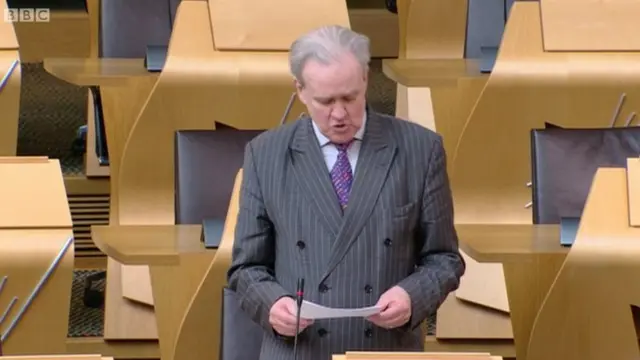
MSPs begin the afternoon grilling social justice, communities and pensioner's rights ministers in portfolio questions.
Then it's the turn for fair work, skills and training ministers to take the hot seat.
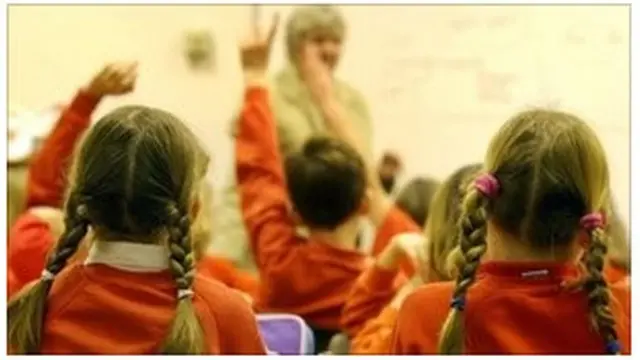
The Scottish Labour party will then debate the future of Scotland's economy, focussing on the education attainment gap.
Finally Labour MSP Paul Martin leads a debate looking at how to protect rent-tied pub tenants.
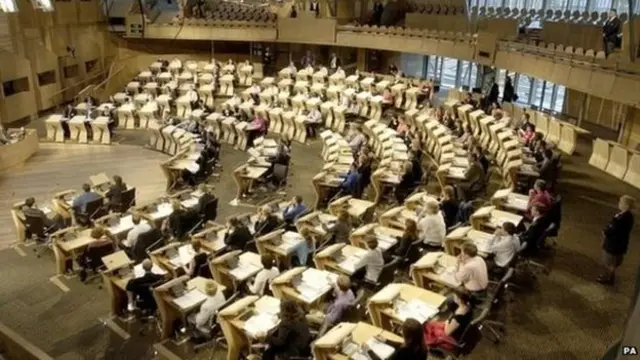 Image source, PA
Image source, PAWelcome back to BBC Scotland's Democracy Live coverage of the Scottish Parliament on Wednesday 20 May 2015.
The committee goes into private session and that's lunch, join us again at 2pm for portfolio questions.
As we draw to the end of the evidence sessions a number of witnesses address a series of issues:
Prof Bell says France benefits from investment in nuclear energy and Norway has cheap hydro power.
Lawrence Slade says smart tariffs means people have a better understanding of their bills and therefore their energy consumption.
Prof Harrison says wave and tidal energy has potential and could fill the gap in the energy supply in the long term.
Improving energy efficiency, says Prof McInnes, does not necessarily mean that we will be using less energy.
Dr Walker says old housing stock will need further attention to make it more energy efficient.
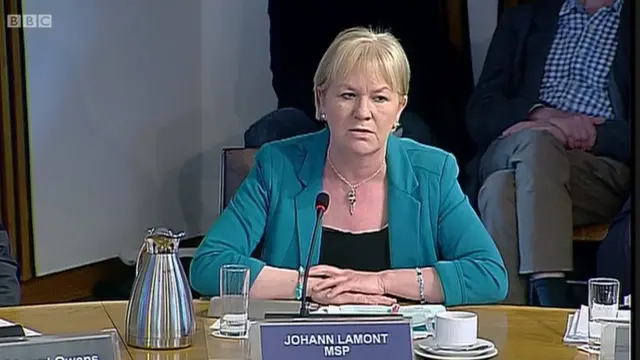
Labour MSP Johann Lamont
Labour MSP Johann Lamont says her granny many, many years ago was the first to get electricity on the Isle of Tiree.
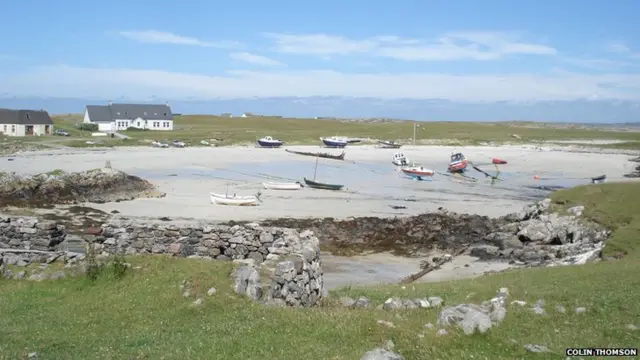 Image source, Colin Thomson
Image source, Colin ThomsonMs Lamont says her granny rationed the use of that electricity and asks how we can get individuals to go back to that sensible approach to the use of electricity.
Professor Ian Arbon says biomass, which is renewable, is often overlooked as an energy source and has not yet been mentioned in this morning's discussion.
Biomass is food for the next trophic level in a food chain.
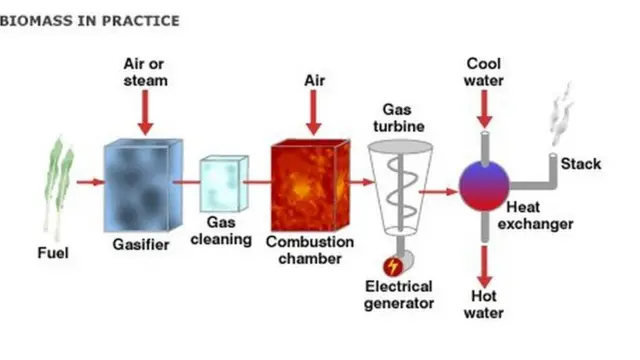
It can also be used as a source of renewable energy, to reduce our dependence on fossil fuels, and to help reduce air pollution. Using biomass as fuel still puts carbon dioxide back into the atmosphere, but it's the same carbon dioxide taken from the air as the biomass was produced. The use of biomass for energy production is carbon neutral.
Michael Rieley, of Scottish Renewables, says this is a good time to ask if the regulatory framework allows consumers to gain most benefit from the energy market.
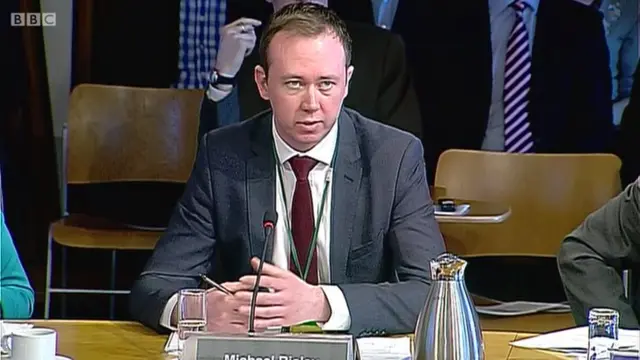
The rollout of smart meters means clearer simple tariffs will help the demand side of the market.
Green MSP Patrick Harvie asks about the role of governments in security of energy supply.
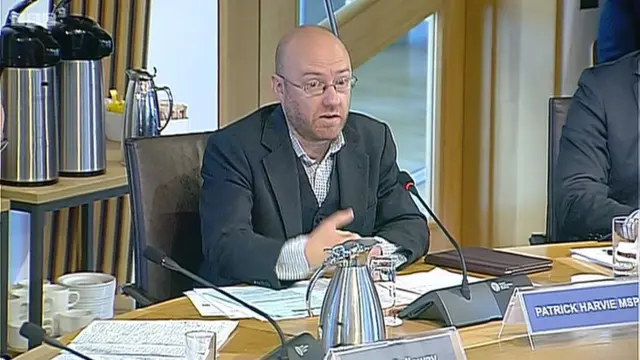
In the run up to the independence referendum last year the Scottish government published UK energy policy and Scotland's contribution to security of supply, external.
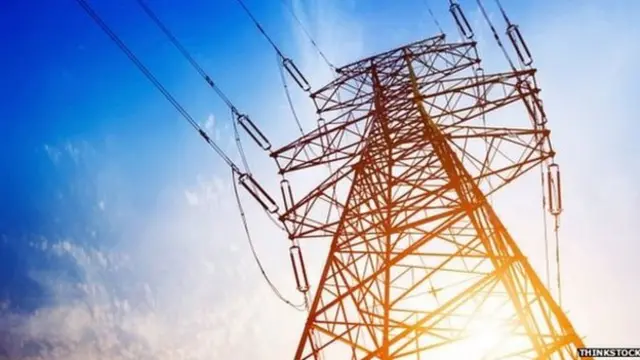
"The first duty of government on energy policy is to guarantee security of supply for domestic consumers and businesses by maintaining a sufficient reserve capacity - yet, the UK government is failing in that regard."
We are facing the highest black-out risk in a generation, with reserveenergy margins falling to as low as 2 per cent in the very near future.
The consequences of this are grave with upward pressure on consumer bills, extra costs for business and a deterrent effect on inward investment.
UK Government's own energy White Paper (2011) said low capacity margins could trigger supply shortages costing the UK economy up to £600 million.
Prof Ian Arbon says there is a danger in not looking at the entire energy market: "We are trying to address a very large problem from a single end point - electricity".
He points to the Danish systems-wide approach where all forms of energy are considered together as a whole with government policy reflecting this.
From the Scottish Parliament Information Centre, external (SPICE):
Security of electricity supply means ensuring that there is enough generation to meet demand
in a Scottish context, key factors are the availability and flexibility of domestic generation plant
the capability of the transmission network to support Scottish demand from generation plant located in England and Wales
Once generated, electricity is typically transferred to a high voltage transmission network which feeds into a lower voltage distribution network that connects to domestic and industrial users
Alternatively, some smaller generation is connected directly to the distribution network, and is referred to as distributed or embedded generation.
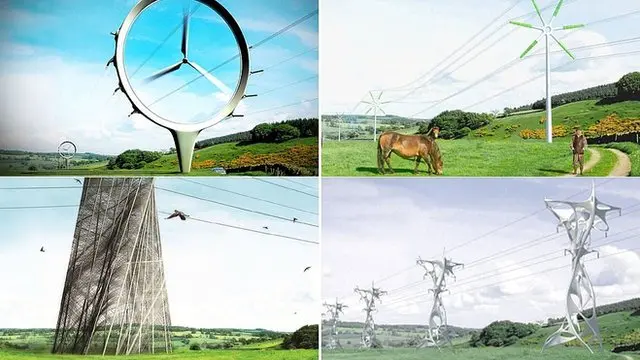
Brian Galloway, of Scottish Power, says all suppliers must consider whether the rate of closure of old coal and gas plants is being matched by the set-up and investment in new forms of power generation.
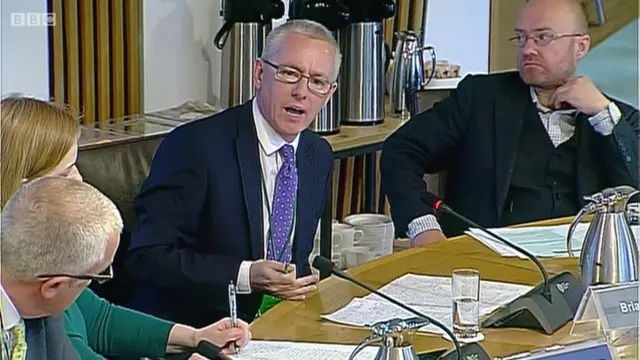
Mr Galloway says it is vital to consider if those capacity mechanisms can deliver to the market.
Lawrence Slade from Energy UK says looking at the UK as a whole in terms of thermal capacity, the loss was less than 0.3% in terms of GB capacity.
Professor Gareth Harrison from the University of Edinburgh says as long as there is enough transmission and secure links it does not matter where the electricity is generated.
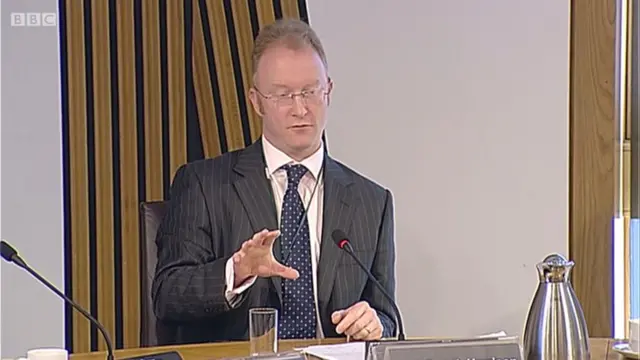
Dr Owens from Heriot-Watt University says the job prospects for engineering graduates are extremely positive, many going to the energy industry.
 Image source, Thinkstock
Image source, ThinkstockThe difficulty is in recruiting engineers for post-graduate study.
Brian Galloway from Scottish Power says companies do what they are good at and member states do likewise.
For Scotland that means renewables, but there will still be local needs for storage and flexibility ideally a thermal plant.